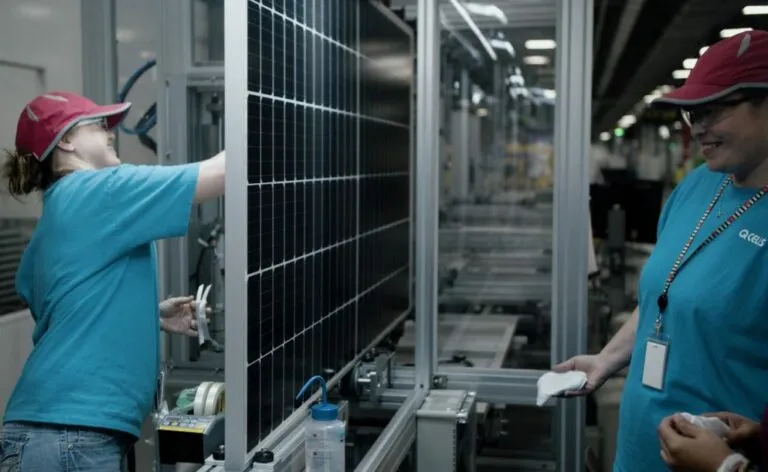United States Trade Commission states Biden should prolong import tariffs on solar modules and also cells
- The US International Trade Commission (ITC) has actually recommended that President Joe Biden expand tariffs on imported crystalline silicon PV cells and modules for an additional four years.

In a report explaining its choice, the ITC said that although the domestic market is making a "favorable adjustment" to import competitors, the protect procedure "continues to be required to stop or correct severe injury". The tariffs are presently due to run out in February.
The commission recommends that Biden keeps the duty on imports of cell and also modules-- presently at 15%-- yet with the price decreasing by just 0.25 percentage points since 7 February 2022, and after that remaining to come by the very same rate in each of the complying with three years. It likewise suggests maintaining a tariff exception for the initial 2.5 GW of cells imported yearly.
The ITC claimed in the report that given the sector's "currently inadequate monetary problem", along with the impediments that the residential market has dealt with to its modification efforts, such as the bifacial exemption as well as COVID-19, an expansion of less than 4 years "would certainly not seem enough for the sector's efforts to adapt to import competition".
Presented under then-President Donald Trump in 2018, the tariffs at first saw modules as well as cells based on a 30% import duty that was set up to decrease by five percent factors every year.
Trump issued a proclamation in October 2020 that raised the tariff price from 15% to 18% in its 4th year (2021 ). Nonetheless, a judgment from the US Court of International Trade last month saw them immediately decreased to 15%, while an exemption for bifacial panels was additionally restored.
The ITC launched its examinations complying with two different petitions submitted earlier this year by 5 companies: Auxin Solar, Suniva, Hanwha Q CELLS USA, LG Electronic Devices U.S.A. and Mission Solar Energy.
Q CELLS, LG and Mission Solar stated as expansion intends "are imperilled by enhancing import quantities, unsustainable market value and also substantially climbing input prices".
The Solar Energy Industries Association (SEIA) is getting in touch with Biden to allow the tariffs expire. "President Biden has actually established a bold vision for the United States to lead the globe on clean power. Expanding these tariffs will certainly hold us back from knowing that vision," stated Abigail Ross Hopper, CEO of the trade body.
SEIA is instead backing policy support for residential solar suppliers included in Biden's Build Back Better strategy, which is presently being worked out on in the Senate.
The ITC said in its report that United States crystalline silicon PV module manufacturing raised 372% between 2018, rising from 470MW to 2.2 GW. The country set up around 19.2 GWdc of solar last year, according to SEIA.
The primary factors to the rise in domestic module capacity, the ITC claimed, were the opening of brand-new plants by Hanwha Q CELLS, LG and Jinko Solar, all of which started production in 2019.
Also read

